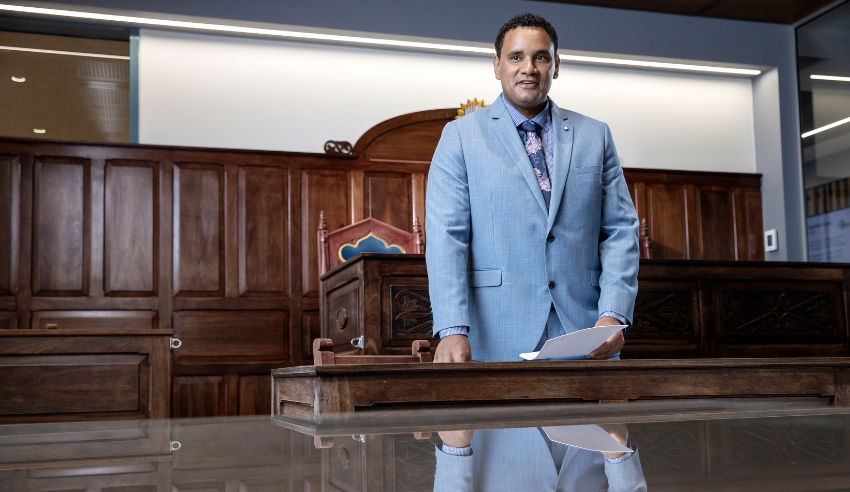We need the profession and industry more than ever, writes Joshua Apanui.

April this year marked 30 years since the final report from the Royal Commission into Aboriginal Deaths in Custody was handed down and tabled in Federal Parliament. In May, the Queensland Law Society hosted a forum consisting of three panellists and one facilitator to discuss the report and how the justice system could improve. Since then, there have been multiple deaths recorded while in police or prison custody.
Recently, the ABC reported that a woman of colour had died suddenly in custody after guards allegedly used force. While the investigation is ongoing, Sisters Inside’s Debbie Kilroy OAM tweeted that “police must stop investigating themselves and prisons” because it was time for “an independent investigation”. This sentiment has regularly echoed across the profession, including by Indigenous barrister Joshua Creamer.
A few weeks ago, the Victorian Coroner was tasked with investigating an Aboriginal death in custody. While the rate of non-Aboriginal deaths in custody is much higher than that of Aboriginal deaths, First Nations people are proportionately more likely to die in custody. This is not just about comparisons – the lack of empathy and apathy in First Nations deaths in custody speaks volumes.
Just last month, two First Nations people died. One was listed as an unknown cause in custody, but the second was gunned down by police as they carried about their duties. Once again, a First Nations person on the brutal end of the firing line. I am at a loss as to why there were no other means of detaining the suspect. That investigation is still ongoing.
With these deaths and more, the urgency for justice is resurfacing for the families and communities who bear the loss of another. It is these families and these communities who are left with unanswered questions – and the irony of a system that chooses to investigate itself.
The Queensland Law Society’s forum centred on ways to provide a strategy to handle these types of issues facing First Nations communities. Appointing an Independent Ombudsman to investigate deaths in custody appeared to be the most compelling, for both maintaining transparency and accountability.
The Law Society has called for this type of body a number of times, including in the 2020 State Election Call to Parties document: “An Independent First Nations Ombudsman with an audit function with respect to the First Nations people’s representative council and with the power to receive and resolve complaints from Aboriginal and First Nations people who are impacted by decisions of all public authorities.”
The solution is obvious: there is an overwhelming need for an independent oversight body that is consistent with the royal commission’s recommendations. If our people see so little justice, then what are we reconciling?
On the face of reconciliation, it is in stark contrast to ever working towards a fully reconciled state, let alone nation. We must work towards a framework that is independent of the relevant institutions – or at least to the extent that an independent ombudsman who has specific powers to investigate as deaths occur.
I am not justifying my position, nor will I excuse those who commit offences, as I am well aware of taking responsibility for one’s own actions. However, no matter how serious an offence may be, it should not be a death sentence. To note, the majority of offences committed by First Nations people who have died in custody are either minor or simple offences and, in my mind, custody should have been the last option in perhaps the majority of those instances.
The forum could not arrive at a conclusive strategy for preventing deaths in custody. However, it gave insight into what the profession may provide that could prevent deaths from occurring or, at the very least, get the government’s attention.
We, as First Nations people, need the profession more than ever to not only advocate but to be our allies and support us in putting an end to the appalling circumstances surrounding these deaths.
Joshua Apanui is a Bundjalung man and First Nations Legal Executive with the Queensland Law Society.
